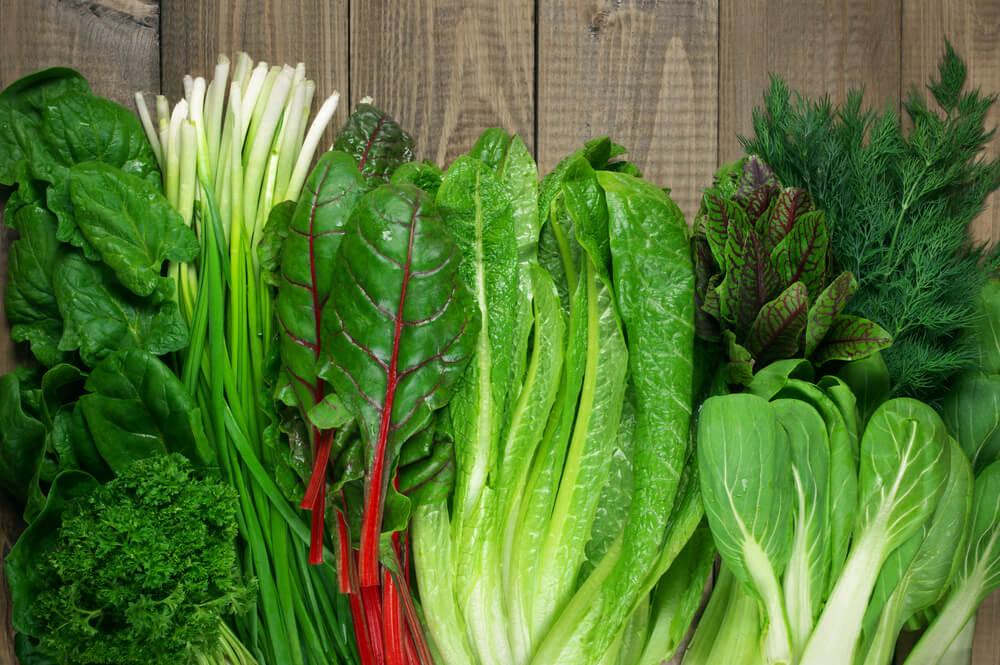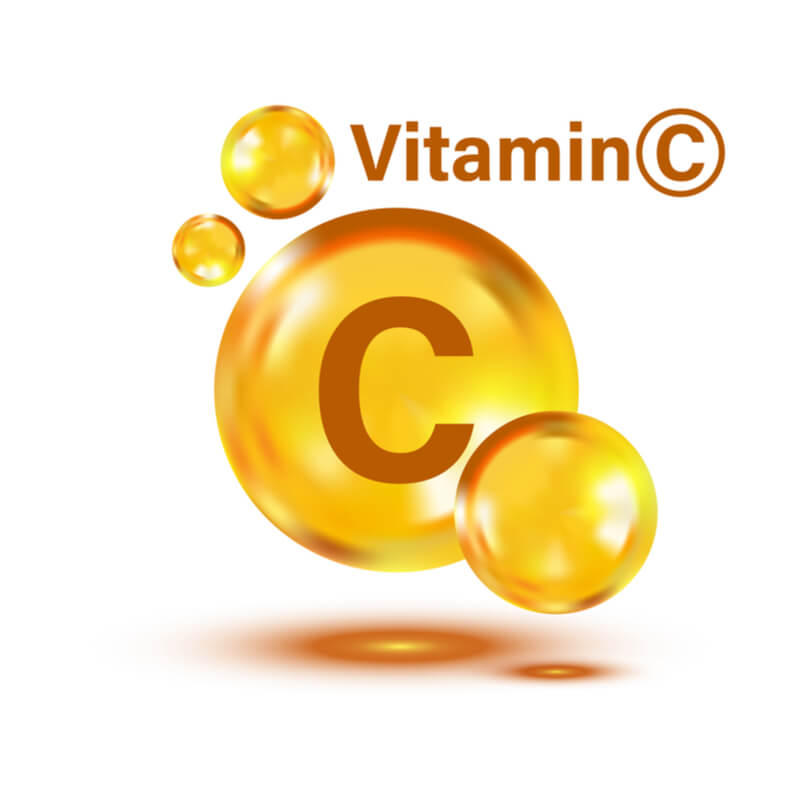Table of Contents
Several foods are known to help improve your eyesight, including eggs, Fish oil, leafy greens, and nuts. In addition, a proper diet should include plenty of sleep, a reduction of screen time, and eye exercises. For dry eyes, cold water fish is an excellent source of DHA, an important fatty acid that provides structural support for cell membranes. Consuming these foods is important not only for dry eyes but also for sight preservation and the prevention of macular degeneration.
Fish oil

Eating fish rich in omega-3 fatty acids can protect your eyes from age-related eye problems like macular degeneration. These acids are present in the area near the retina and reduce inflammation. Low inflammation is beneficial for the body because it improves functions and strengthens the immune system. According to research, eating fish at least twice a week can help reduce the risk of AMD. Smoking reduces the benefits of fish oil. In addition, it can improve your vision.
Nuts are high in protein and essential fatty acids. Nuts like almonds, hazelnuts, and sunflower seeds have high levels of antioxidant vitamin E. Eating nuts is another great way to get your recommended intake of omega-3. Citrus fruits are also good sources of vitamin C, which has anti-aging benefits. Also, you can eat leafy green vegetables like spinach, broccoli, and kale.
Eggs are rich in antioxidants and vitamins that are great for your vision. One hundred grams of kale can provide 11 mg of lutein, which can be used in salads, smoothies, and sandwiches. Lastly, whole grains are a good source of dietary fiber and vitamins. Aim to get plenty of zinc and vitamin E through your diet. They're both excellent sources of these nutrients.
Eggs
Eating eggs daily may improve your eyesight. Eggs are rich in zeaxanthin, a compound found in green leafy vegetables and yellow vegetables. Research suggests that regular egg consumption increases levels of zeaxanthin and lutein in the eye's macular area. The researchers gathered data from a study by Tia Rains, director of the Egg Nutrition Center, to confirm the benefits of egg consumption on eye health.
Eggs are a good source of vitamin A, lutein, and zeaxanthin, three vitamins essential for eye health. These vitamins lower the risk of developing serious eye conditions such as cataracts. Vitamin A helps the retina, the back part of the eye, remain healthy, allowing for better night vision. Hardboiled eggs can be eaten as a snack, and are also high in zinc. If you can't get enough of the antioxidants from eggs, you can always add a few green leafy vegetables to your diet.
Studies have shown that egg consumption may reduce the risk of age-related macular degeneration (AMD) in older people. However, epidemiological data on the association between egg consumption and AMD are scarce. Consequently, this study focused on determining the effects of egg consumption on eye health in healthy individuals. The results showed that an egg-enriched diet decreased the risk of AMD by nearly 40%. In addition, eggs are also a good source of lutein, which protects against the harmful effects of blue light.
Leafy greens

Leafy greens can improve your eyesight because they are high in vitamins A, E, and K, and they also help protect against cataracts and age-related macular degeneration. The right kind of greens also have good fats, such as Omega-3 fatty acids. The more greens you eat, the better they are for your vision. Eat them often, and they'll improve your eyesight in no time!
The antioxidants found in dark leafy greens help protect the macula, the part of the eye that processes light. These compounds also protect the macula from damaging light, and help the eyes detect contrast more accurately. The two main nutrients in these greens are lutein and zeaxanthin, which are fat-soluble and can be absorbed by the body easily. To make these substances more effective, you can add olive oil to your food.
Eating healthy is important for your eyes, and you can improve your eyesight naturally by incorporating more greens into your diet. Eating a variety of fruits and vegetables is also a good idea. Not only do they taste good, but they are rich in vitamins and minerals that benefit your eyes. It's time to start adding leafy greens to your diet! It's easy to add leafy greens to your daily meal plans!
Omega-3 fatty acids
Whether you're looking for a way to improve your eyesight naturally or you're just trying to prevent eye disease, consuming foods rich in omega-3 fatty acids may be the solution. These essential fatty acids can improve the health of your eyes as well as the rest of your body. A baseline eye examination is recommended by the American Academy of Ophthalmology at age 40 to detect any early signs of eye disease.
Fruits are an excellent way to get Omega-3 fatty acids, as well as the other essential nutrient lutein. Many types of fruits and vegetables contain vitamins, minerals, and antioxidants that can protect your eyes from the harmful effects of the aging process. Citrus fruits and bilberries are particularly good for your eyes. Citrus fruits, like oranges, are also high in vitamin C.
Dietary intake of omega-3 fatty acids was associated with decreased risk of dry eye syndrome and increased aqueous outflow in older women. Dietary intake of essential n-3 fatty acids during pregnancy has been linked to early visual acuity maturation in healthy preterm infants. A meta-analysis of dietary omega-3 intake and eye health has been published in Pediatrics.
Studies have also shown that consuming Omega-3 fatty acids can lower the risk of glaucoma and macular degeneration. Furthermore, Omega-3 supplements are an effective way to get the recommended amount of essential fatty acids without taking a pill. Supplementing with omega-3 can help slow the progression of certain eye disorders. For these reasons, Omega-3 supplements are recommended for anyone who wants to improve their vision naturally.
Vitamin C

Dark green leafy vegetables are a great source of vitamins C and E, along with carotenoids called lutein and zeaxanthin. These nutrients are present in abundance in the retina and lens of the eye and help protect against age-related macular degeneration. Just a half-cup of cooked kale can provide approximately 23.8 mg of eye-friendly nutrients. Other good sources of lutein and zeaxanthin include sweet corn, broccoli, and romaine lettuce. Moreover, eating a healthy amount of these foods can improve heart health and prevent many diseases, including eye diseases.
Fruits and vegetables high in Vitamin C are also good for eyesight. Consuming oranges and other citrus fruits can protect the retina. These foods also contain zinc, a mineral believed to prevent or slow the progression of macular degeneration. A diet rich in zinc and lutein is also good for the eyes. Lentils are a good alternative for meat. They are low in saturated fat and have high fiber content.
Leafy greens contain more Vitamin C than other vegetables. Some of the best sources of this nutrient include kale, spinach, collard greens, and peanuts. Green vegetables also contain lutein and zeaxanthin, two unusual minerals that may help protect the retina. Consequently, green vegetables are a triple threat when it comes to eye health. Eating them raw or cooked is the best way to get the maximum benefit from these nutrients.
Fish
Fish has many health benefits and can improve eyesight. Omega-3 fatty acids, found in fatty fish and other seafood, are important for eye health. They help reduce inflammation and balance the omega-3 to omega-6 fatty acid ratio in the body. Low inflammation can improve body functions, including immunity. DHA is abundant in the area surrounding the retina. Eating fish regularly can prevent the development of dry eyes, a problem often associated with age.
Fish is rich in omega-3 fatty acids, which protect the body's delicate organs, including the eye. These fatty acids are also found in other foods, including nuts and seeds. Almonds, hazelnuts, and sunflower seeds are particularly rich in vitamin E. In addition to this, citrus fruits are a great source of vitamin C and antioxidants, which can help maintain healthy vision. For more information, visit the National Eye Institute's website.
Omega-3 fatty acids are also found in fish, including salmon. These are important fats that contribute to retinal health and development. Eating fatty fish twice a week may reduce your risk of macular degeneration and other eye disorders. Eating fish that is cold-water-caught can be especially beneficial. Fish oil is another important component of fish. Salmon is great for the winter. And most fish is easily prepared. Add some fresh herbs and a little salt and pepper, and you're on your way to healthier vision.




Comments
Loading…